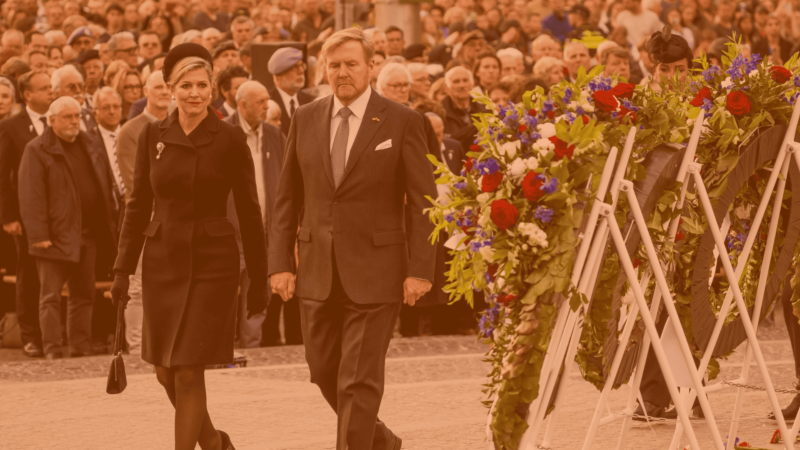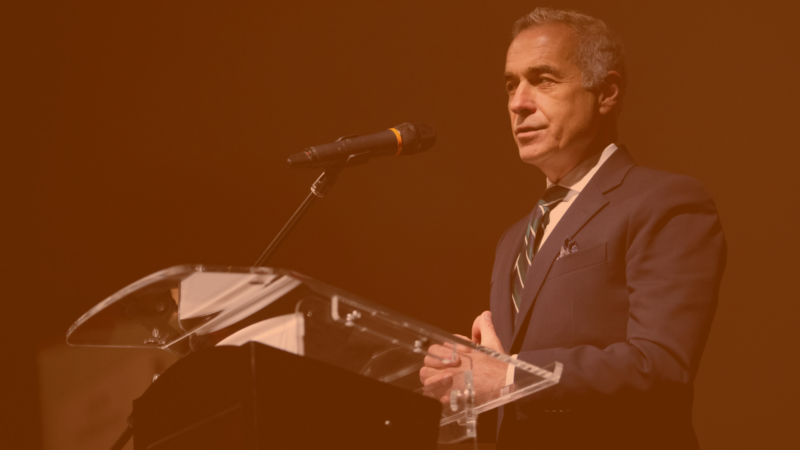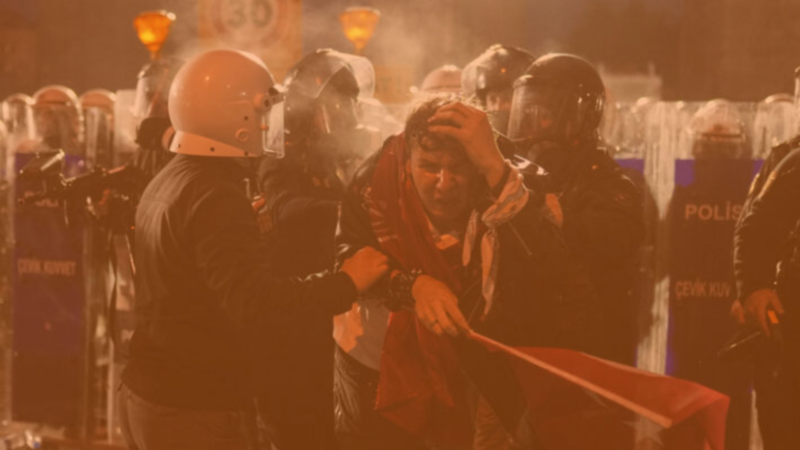Our world is still filled with appalling violence and gargantuan injustice, and dominated by the dehumanising economic system and ideologies that enable evils
Unspeakable violence pervades our reality. This is no trivial statement. For those of us privileged enough to be completely insulated from this violence – never its victims, and often never even its witnesses outside of our televisions and phone screens – it’s a deceptively hard thing to truly grasp.
Violence and evil come in many terrible varieties, but one broad category is generally regarded as the worst: the premeditated and carefully planned. It almost invariably requires dispassionate thought and mundane actions – before, during and after. A man takes a trip to Walmart to buy the knife he’ll use to murder his family. A fighter jet pilot confirms the bombing of a refugee camp with a casual, almost farcical “sent candy”. On the largest, genocidal scale, the disposal of human remains is a constant logistical nuisance for the perpetrators. Rudolf Höss, reflecting on the extermination he helped engineer as the commander of Auschwitz, said the killing was “easy,” it was “the burning that took all the time”.
Höss and his family are the subjects of The Zone of Interest, the critically acclaimed film by Jonathan Glazer which revolves around their efforts to lead an idyllic life in a house that shares a wall with the most notorious mass killing operation in history. As we watch the Hösses go about their lives, seemingly unaffected by the constant screaming, gunshot sounds and the general cacophony of murder blending with their children’s laughter and the singing birds and buzzing bees in their garden, it’s difficult not to be reminded of Hannah Arendt’s famous remark on the “banality of evil” – so much so that references to it in the film’s many raving reviews are nearly impossible to count.
But Arendt’s concept is often misunderstood. To take it as meaning that “evil is banal” is a terrible, blinding mistake.
Of the many misreadings of Arendt’s words, two seem most common. The crudest one understands her as meaning that evil is unexceptional, unremarkable, maybe even unavoidable. The mistake here is understanding Arendt as commenting on the nature of evil itself, rather than on the conditions under which individuals commit evil acts.
The other, much more insidious misreading takes her words as stating the fairly obvious fact that evil is often implemented through mundane actions, particularly when they take place on such a monumental scale as the Holocaust, and requires widespread indifference. Soldiers and death squads need to figure out how to realistically kill scores of people, fast. Officials and businessmen need to discuss how to dispose of the bodies as efficiently as possible. Mass deportations require the drafting of plans which, on the face of them, differ little from the logistics of shipping pots or potatoes.
All of this is done dispassionately and bureaucratically – but none of it is banal, and neither is the domestic life of the Höss family. When, in the film’s first few minutes, Rudolf’s wife Hedwig joyfully tries on a fur coat and lipstick that both she and the audience know to have belonged to one of Auschwitz’s many victims, “banal” is the last word that occurs to describe her evil. When businessmen present Höss with a plan for a rotating scheme of crematoria that would allow him to dispose of the “pieces” around the clock, the scene can only be described as banal if you’re unable to hear or understand the words being spoken. The Höss children playing with human teeth is not banal. Their use of human ashes to fertilize their garden is not banal.
And here lies a crucial fact: Arendt never wrote that evil is banal, a statement which is as straightforward as it is false. Instead, she spoke of the banality of evil, which begs a question too often unnoticed: what is this banality?
It is the origins of evil that can be banal, not evil itself. These origins, as Arendt saw them in Adolf Eichmann, are a complete absence of any mental process that can be deemed critical thought – the mindless, self-centred and boring subservience to a hegemonic system, with all its power structures, its prejudices and injustices, no matter how absurd, dehumanising and cruel they may be. This is where the banality lies.
This banality does not mean simply “following orders” and performing actions which one knows to be evil – it prevents seeing one’s role in evil in the first place. After all, power always regards itself as good, and the unquestioning acceptance of it safeguards that assumption from ever being challenged, let alone being recognised as its opposite.
This, of course, isn’t a merely philosophical discussion. Our world is still filled with appalling violence and gargantuan injustice, and dominated by the dehumanising economic system and ideologies that enable this. Millions in the so-called Global North, a happy few, live in a zone of interest, a “beautiful garden” just like the one so cherished by Hedwig Höss, guarded by towering walls that keep the horrors just out of sight – human beings left to drown in the Mediterranean, trying to escape the cycle of misery and violence that their colonisers, past and present, condemned them to; Congolese children exploited literally to death to provide the minerals that power the circuits in phones, cars and military drones far away; Palestinians suffering a genocide, 79 years after the world promised “never again” while trapped by concrete walls and barbed wire, their concentration camp’s zone of interest extending from the stolen land right on the other side, metres away, to as far as Berlin, London and Washington.
All this is shocking, all this is evil. To dismantle the structures that make it possible is a vital but monumental collective task. But it begins with one simple step: rejecting the banality that makes us complicit.
Do you want to be informed of DiEM25's actions? Sign up here















